MOVIE REVIEW – At first glance, The Fox might appear to be just another entry among many films that explore the special world of human-animal friendships. It’s easy to fall into excesses in this genre, where the message can become overly clichéd. However, Adrian Goiginger has managed to avoid these pitfalls, primarily by focusing on the childhood traumas of the young protagonist.
Adrian Goiginger, the talented young director, immediately caught attention when he debuted his first feature film, The Best of All Worlds (2017), sharing a defining story from his own childhood, centering on his then heroin-addicted mother (portrayed by Verena Altenberger). After a less successful film, Above the World (2021), he shines again in theaters with his third feature, The Fox, which also contains significant autobiographical elements, this time focusing on the life of his great-grandfather, Franz Streitberger.
What must it feel like to be sold by your own parents as a child?
The story of The Fox unfolds in the late 1920s, in 1927, a time when Franz Streitberger lives in the picturesque Pinzgau region with his parents (played by Karl Markovics and Karola Niederhuber) and numerous siblings. Facing dire economic circumstances and the heavy burden of poverty, the parents make the heart-wrenching decision to give Franz to a wealthier farmer (played by Cornelius Obonya), hoping to provide him with a better life. As an adult, Franz (portrayed by Simon Morzé) works as a motorcycle courier for the army, while the world is overshadowed by the dark cloud of World War II. Franz always seems like an outsider, but his life changes radically when he encounters an injured fox cub, which he takes in, finding in this small creature his first truly important friend.
In the first half of the film, as we follow Franz’s childhood and family life, the story gradually unfolds and gains significance. Particularly moving and memorable is the scene where Franz’s father explains to him why he should not fear death. From this perspective, The Fox is not just a film about friendship, but a deeply meaningful story about the importance of love and kindness during one of the most brutal and inhumane conflicts in human history. Adrian Goiginger’s direction emphasizes minimalism, using the 4:3 aspect ratio inspired by old photographs, long silences, and visually stunning open spaces.
After Above the World, The Fox undoubtedly represents a significant step forward in Goiginger’s filmography. This work, while often drawing from the analysis of Hollywood films and frequently building on emotions, delicately handles the humanistic approach without becoming dominant or overtaking the story. Thus, The Fox is a film capable of eliciting deep emotions while remaining authentic and prompting reflection on the mysteries of the human soul and the importance of deeply human connections.
Two orphans find each other: the young boy left as a child and the abandoned fox cub
The feeling of abandonment and loneliness is a deeply rooted experience that can tightly bind two beings, whether it be an abandoned child and a left-behind animal. The Fox centers on this special relationship, showcasing how an orphaned boy and an abandoned fox cub find each other. The bond between the two “orphans” is not just a personal story but also carries a deeper, universal message that champions the power of unity and empathy.
Set against the backdrop of World War II and the German occupation of France, the story evokes a brutal and cruel era. Director Adrian Goiginger commendably sets up the depiction of the conflict, avoiding any glorification. The cinematography by Yoshi Heimrath and Paul Sprinz occasionally immerses viewers in the horrors of war, with chilling scenes and dreadful deaths, while sound engineers occasionally shock the audience with the deafening noise of tanks, bullets, and bombers.
The film’s overall color palette is gloomy and grayish, accurately reflecting the shadow of war and the fundamental mood of the story. However, Goiginger intentionally uses vivid colors at certain key moments, further facilitating an “ethereal” atmosphere that counterbalances the story’s dark themes.
The film score, thanks to Arash Safaian’s work, is discreet yet profoundly affecting, especially during moments when Franz goes through emotional turmoil, striving to find his place and direction in life. The music subtly contributes to the development of empathetic bonds, allowing viewers to deeply immerse themselves in the film’s emotional landscape and identify with Franz’s struggles.
Thus, this film is not just a story about a boy and a fox but communicates a much broader message about human relationships, mutual understanding, and accepting vulnerability in a world that is often cruel and lacking in compassion.
What makes this special yet simple story truly stand out?
What makes The Fox so uniquely effective and capable of deeply touching its audience? Primarily, it’s the clearly defined conflicts that evoke strong contrasting emotions, leaving hardly anyone indifferent—especially those who have shared their home with an animal at some point in their lives.
Moreover, through Morzé’s portrayal of Franz, the character gains depth: he is a twenty-something introverted, kind-hearted young man who, however, struggles with his emotions, especially anger. From time to time, he bravely defends his friend while remaining loyal to the Nazi army. Director Goiginger doesn’t judge Franz—that’s left to the viewers—but isn’t afraid to show the character’s darkest sides.
Last but not least, this story explores themes of friendship and love in all their facets, honestly depicting them even amidst the most complex situations.
– Gergely Herpai (BadSector) –
The Fox
Direction - 8.8
Actors - 9
Story - 8.5
Visuals/Music/Sounds - 8.2
Ambience - 8.6
8.6
EXCELLENT
"The Fox," directed by Adrian Goiginger, tells a deeply human story of a young, wounded-spirited German soldier and a fox cub during the cruel period of World War II. The film reveals the mysteries of the human soul and the importance of deeply human connections, showcasing the development of a special friendship in difficult times. Goiginger's work highlights the power of minimalism, visual and emotional depth, drawing attention to empathy, the feeling of belonging, and the universal significance of personal stories within a brutal historical context.

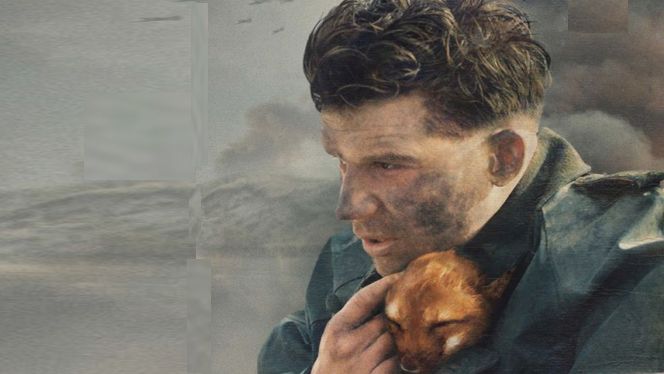
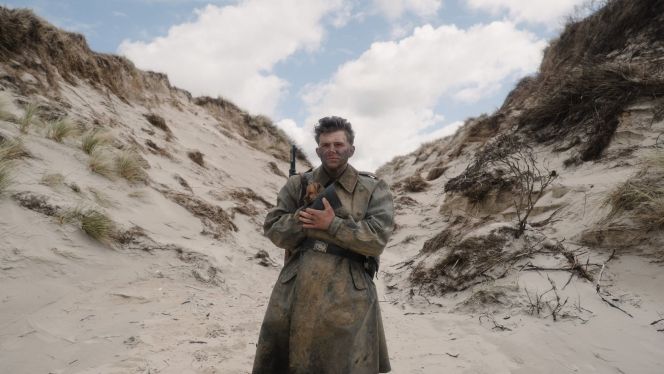
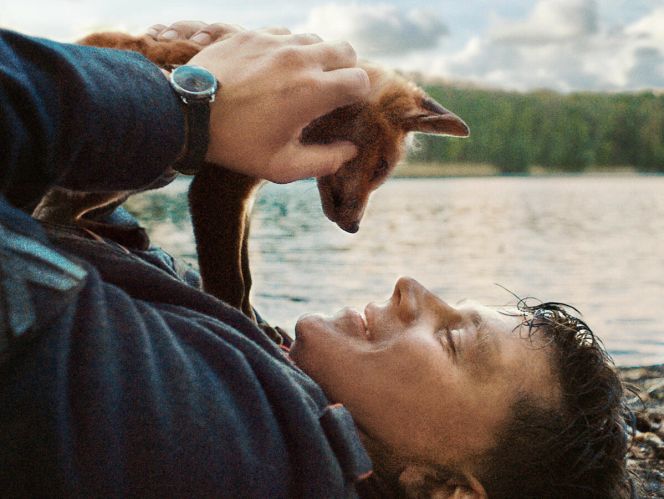





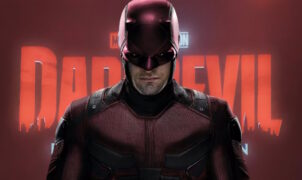




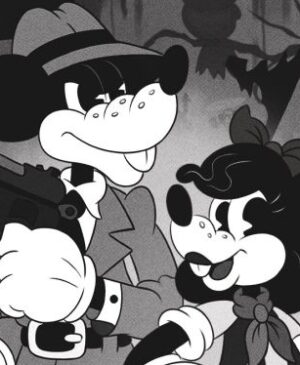
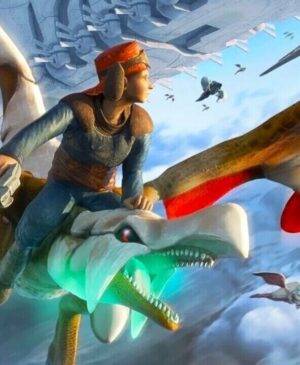


Leave a Reply